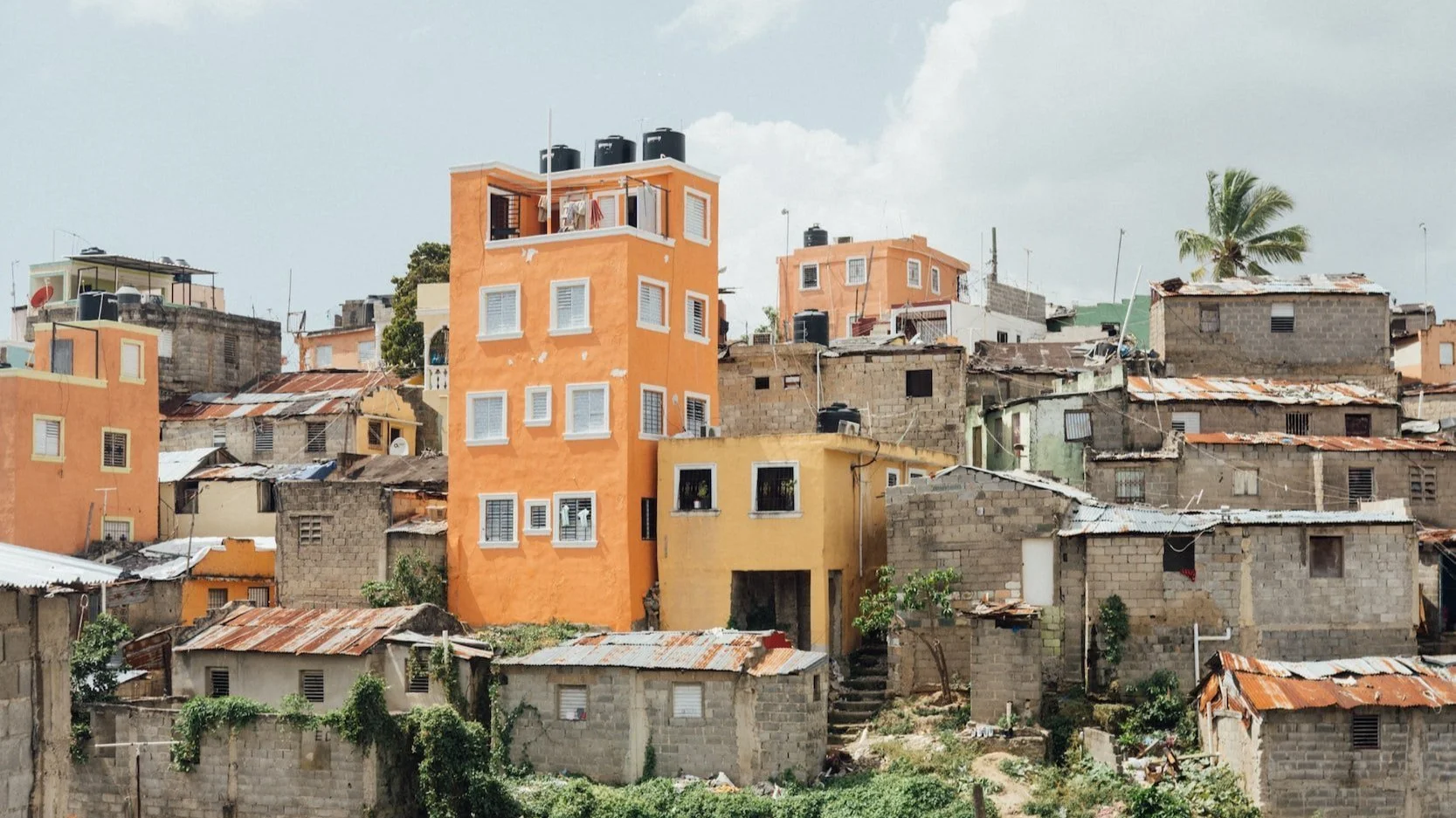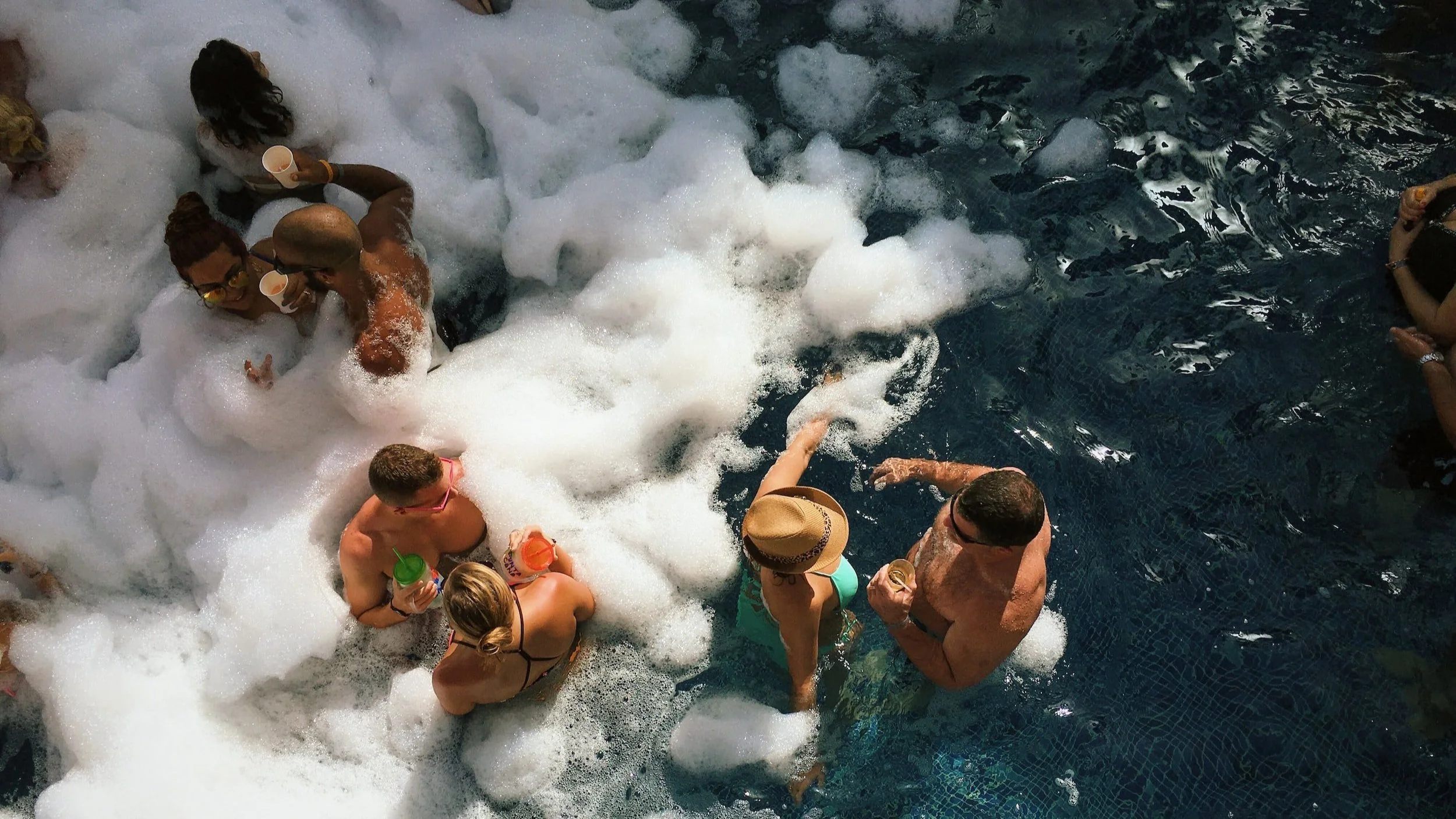When We Raise Our Flags
“There is no freedom in silence.” – Steven Bantu Biko
Reflecting on my upbringing, born in Santo Domingo and growing up in NYC, I can't help but wonder why it's been so difficult for many to speak up in a significant way against the atrocities happening back home.
I can't help but wonder why so many of my peers at the frontlines of influence in the Dominican culture, who have previously stood up in support of Black lives, remain relatively silent when it comes to colorism happening back home.
Some time ago, I decided to comment on a post and speak up against colorism in the Dominican Republic. My opinion received negative slurs from nationalists, with one reading the all too familiar: Shut up, you Dominican York.
If you grew up Dominican, then you already know what this means, a label placed on Dominicans living abroad, typically in NYC, by those on the island. It's commonly used as a lite tease to say that someone has adopted an American lifestyle abandoning their Dominican roots. More often, it's a way to minimize and reduce our views and cultural experience as being less authentic.
It's a way to say you're not Dominican enough.
Growing up in New York, It's a phrase I regularly heard during summer trips to D.R.–a phrase that I often shrugged off as just kids teasing. In our culture, we're taught from a very young age to have tough skin; You either take the joke and move on or snap back with a witty punchline. It's why I was conflicted reading the comments from Instagram users with private accounts and 0 followers–we all know trolls when we see them. I know it's gaslighting, but I couldn't help to think back at my experience growing up in the Bronx–all those trips over the years back home.
A lot has changed over the years for my family and me. We're far from economic wealth, but in many ways, we have more than nibbled at the American Dream. You know success in the states, even in the slightest way, can change the lives of our families back home and certainly for those of us visiting.
Reflecting on my upbringing, born in Santo Domingo and growing up in NYC, I can't help but wonder why it's been so difficult for many to speak up in a significant way against the atrocities happening back home.
I can't help but wonder why so many of my peers at the frontlines of influence in the Dominican culture, who have previously stood up in support of Black lives, remain relatively silent when it comes to colorism happening back home.
Some time ago, I decided to comment on a post and speak up against colorism in the Dominican Republic. My opinion received negative slurs from nationalists, with one reading the all too familiar: Shut up, you Dominican York.
If you grew up Dominican, then you already know what this means, a label placed on Dominicans living abroad, typically in NYC, by those on the island. It's commonly used as a lite tease to say that someone has adopted an American lifestyle abandoning their Dominican roots. More often, it's a way to minimize and reduce our views and cultural experience as being less authentic.
It's a way to say you're not Dominican enough.
Growing up in New York, It's a phrase I regularly heard during summer trips to D.R.–a phrase that I often shrugged off as just kids teasing. In our culture, we're taught from a very young age to have tough skin; You either take the joke and move on or snap back with a witty punchline. It's why I was conflicted reading the comments from Instagram users with private accounts and 0 followers–we all know trolls when we see them. I know it's gaslighting, but I couldn't help to think back at my experience growing up in the Bronx–all those trips over the years back home.
A lot has changed over the years for my family and me. We're far from economic wealth, but in many ways, we have more than nibbled at the American Dream. You know success in the states, even in the slightest way, can change the lives of our families back home and certainly for those of us visiting.
When we visit the Dominican Republic, we're no longer visiting the place we grew up knowing. We're like time travelers hopping between time zones.
Everyone that immigrates from D.R. to someplace else isn't necessarily doing so out of necessity, but for many, it's a shot at a better life. For many of us, the only homes that we've known in D.R. have existed in marginalized and underserved communities of Black and multiracial folk–mostly just people of a darker complexion.
It's been electrical outages, hearing your neighbors across the street yell out “Se fue la luz” (the light is out), and having to hide your valuables because, as we say, “Ahí están atracando” (they're robbing around the way). A very different reality than what we experience after achieving some minor success in the states.
Now when we visit, we stay at resorts to be greeted by the Venezuelan or Colombian immigrants of much lighter complexion that staff the hotels there–and if your family purchased one of those regularly advertised condos in an affluent neighborhood, you stay there instead. It's not that you're disconnected from the reality you've always known, but you aren't limited to just that. The dollar opens up doors that you would think never existed. It pierces through a vale exposing a side of the Dominican Republic that you didn't know before.
Beaches that were once public are now privatized and consumed by foreign development, but that's not a problem when you can afford to stay at the Spanish-owned Barceló Resorts or the Rennaisance hotels by Marriott. It's the sort of reality where you're not discriminated against by booking agents because you've booked your nights online in advance, securing your travel plans. It doesn't mean you won't experience discrimination at the check-in counter, but things are more likely to turn out alright compared to a local.
It's a realization that I came to understand one trip when a family friend, a native of a darker complexion, was profiled, harassed, and asked to leave the hotel lobby because they thought she looked suspicious. They thought she was a prostitute or thief because, in that reality, it's unfathomable for a Black woman to accompany a man of lighter complexion into a hotel for anything else. You complain, so they give you a free night, but it's something that stays with you forever. You remember the time when you weren't allowed in that club because of discrimination and the moment when you were because of discrimination.
It's a realization that you can no longer turn a blind eye to.
It's realizing that I have more access as a Jabao (high-yellow person) speaking to the staff in English than I do as the Dominican York that I am speaking in Spanish. I have more influence as an American with dollars on my homeland than my distant relatives who vote at every election and join rallies supporting their political party.
Once again, I revisit the comments asking me to stay out of Dominican issues because I'm some Dominican York–but this time, it hits a little bit differently. I am no less a Dominican because I did not grow up there, and my opinion and views on the island I love do matter. My thoughts on issues back home have merit, especially when I have the power to influence things happening there. Sometimes, our parents attempt to persuade us away from involving ourselves back home, and it's understandable considering how much they had to give up to come here, but it doesn't mean that we can't still make a difference.
In 2020, at the height of protests here in the U.S., the Dominican Republic passed a law prohibiting discrimination in the workplace based on hair; this was a move directly influenced by the international push for inclusivity and diversity that the Black Lives Matter movement initiated. It's proof that foreign influence can impact places like D.R. in a significant way. It's proof that our influence, views, and opinions matter. Since then, things have taken a 360 in D.R. with the mass deportation of Haitians, Dominicans perceived as Haitian, and the many more violations that locals experience based on skin color.
There is police violence all over the world, but when people together with the state enable this sort of violence it’s bigger than police brutality–it’s systemic.
Whether or not Dominicans identify as Black does not change the fact that many live in an apartheid state back home. Some would blame current times, where fascism is again on the rise, but it's something we have the power to dissemble.
You have influence, and your opinion is valid, regardless of whether or not you were born and raised in the Dominican Republic. Your silence on issues happening in the country, on the island we all hold closely, also matters. It has the power to push things one way or another.
When we're silent on the mistreatment of Haitians, whether they've migrated there or haven't been recognized as Dominican by an apparent apartheid state, we enable the violations to continue. However, when we speak up about these violations, we shift the narrative and change things in the right direction. At a time when telling someone you're Dominican holds weight in the conversation, it's even more important to tell them you're also against the mistreatment of Haitians and Dominicans of a darker complexion. It's not about going out on the streets marching once or twice in a decade, but about speaking change into existence and taking action consistently.
It's about speaking up at home, at family functions, y Cuando Tu te Vaya pal resort en Vacaciones. It might not give us something more to be proud of or raise our flag to, but it's a start.
Photo Credit: Kelvin Moquete, Raul de Los Santos, Jose Casado, Richard Cordones, Wells Baum, Aldward Castillo, Ruddy Corporan






